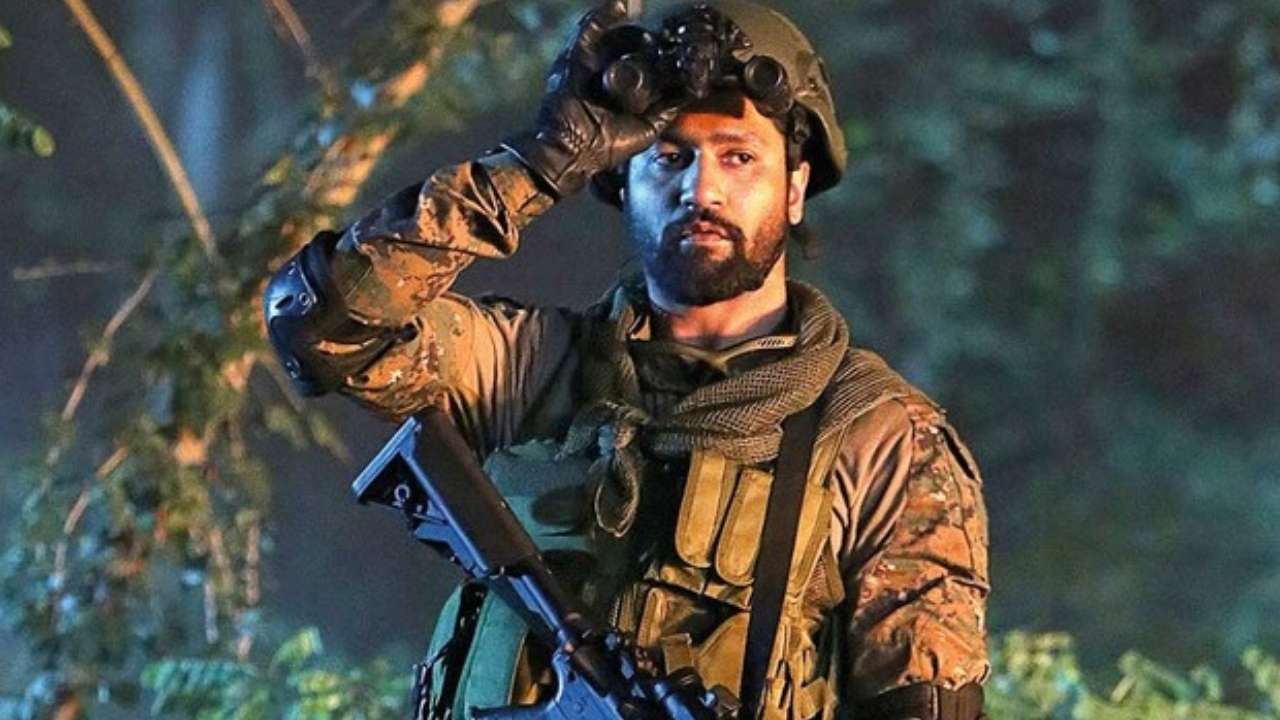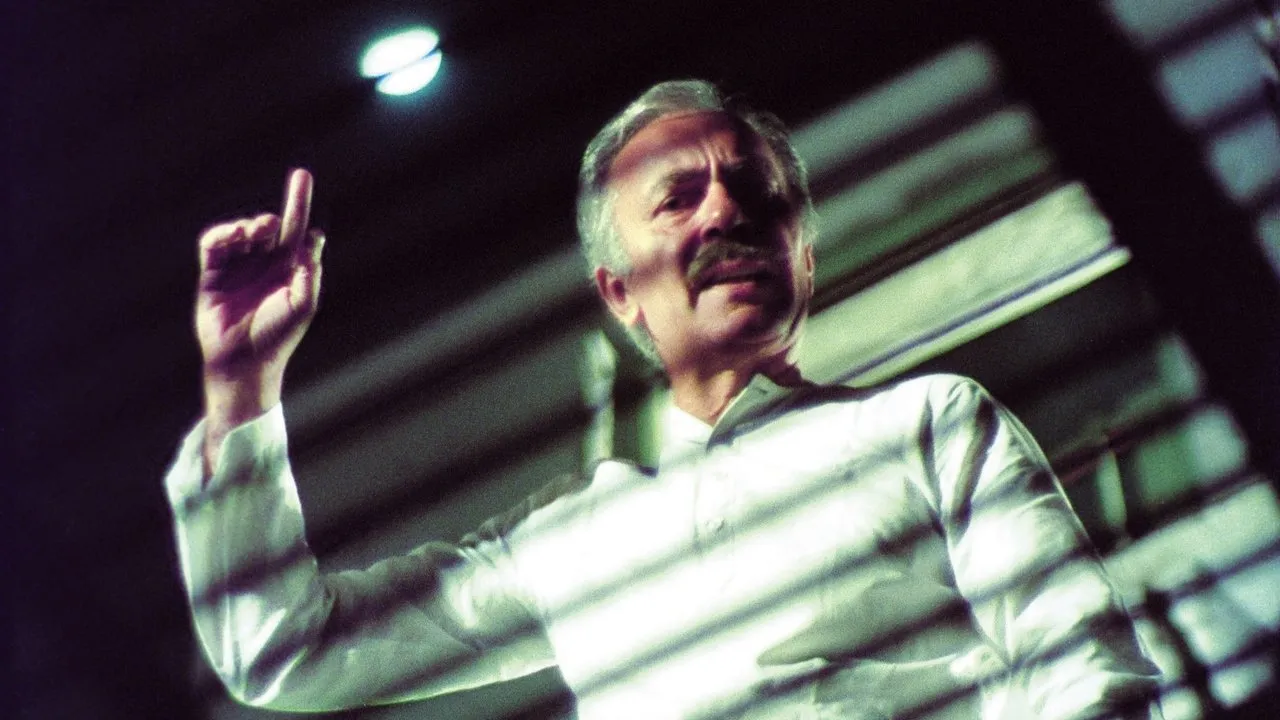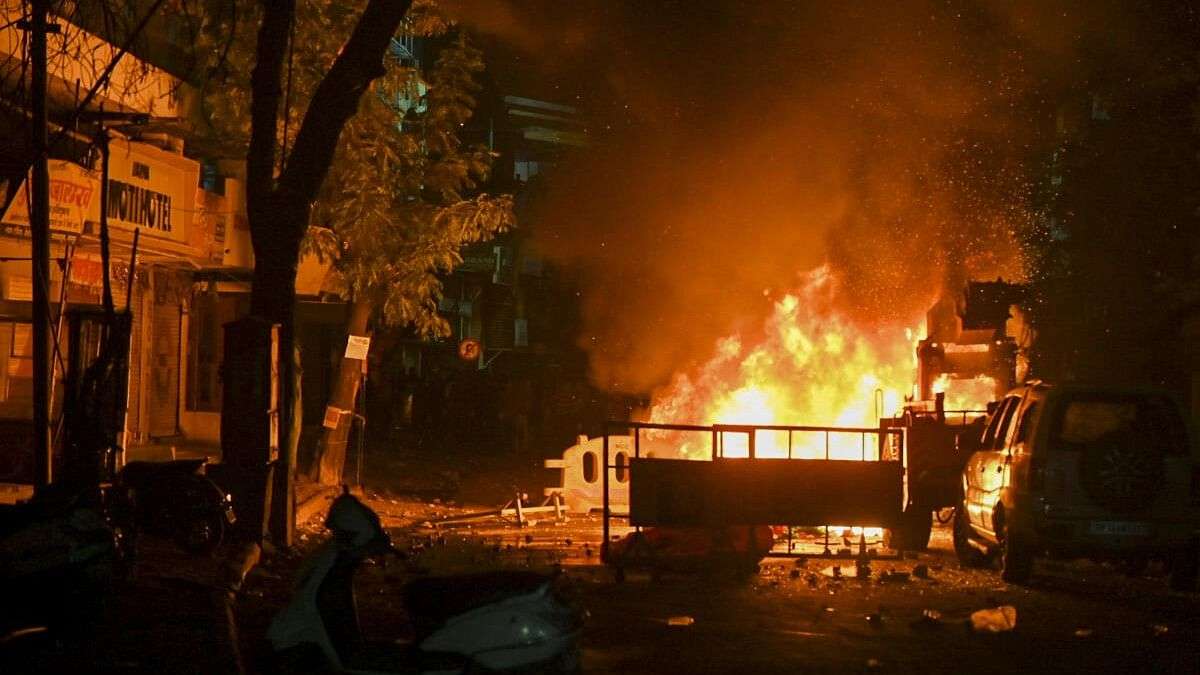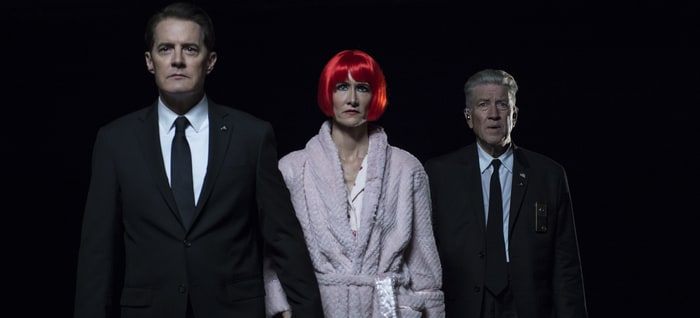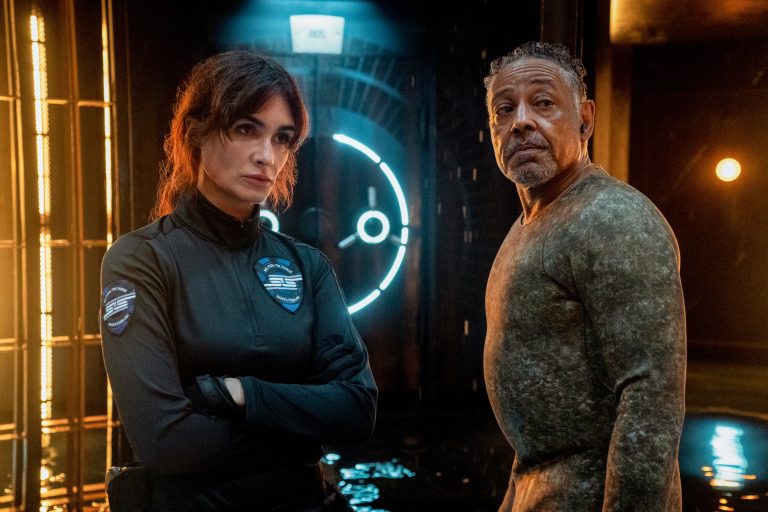Violent clashes erupted in Nagpur, Maharashtra, on March 17, between Hindu and Muslim communities, leading to an indefinite curfew in parts of the city. The unrest began during a protest by Hindu nationalist groups demanding the demolition of the tomb of 17th-century Mughal emperor Aurangzeb. The situation escalated following rumours that religious items, including the Quran, were burned by protesters.
The violence resulted in injuries to at least 34 police personnel and five civilians, with several houses and vehicles damaged. Authorities have arrested over 50 individuals in connection with the incidents.
Maharashtra Chief Minister Devendra Fadnavis attributed the heightened tensions to the recent release of the Bollywood film Chhaava, which portrays the life of Chhatrapati Sambhaji Maharaj, a Maratha king executed by Aurangzeb. Fadnavis stated that the film “reignited people’s emotions” against Aurangzeb, contributing to the unrest. He also suggested that the violence appeared “premeditated”, and that specific houses and establishments were targeted during the clashes.
Directed by Laxman Utekar, Chhaava, starring Vicky Kaushal in the titular role, has been a commercial success, crossing the Rs 500-crore mark in India within 23 days of its release.
While Kaushal and the makers of Chhaava have not commented on the Nagpur incident, the reality is inescapable—Bollywood has ceased to be mere entertainment. It has become a weapon, manufacturing consent for real-world violence.
This isn’t new. Over the past decade, Bollywood has actively participated in shaping a nationalist narrative that distorts history, glorifies aggression, and provides ideological ammunition for those seeking to divide society.
Whether it was Vivek Agnihotri’s The Kashmir Files (2022) taking a voyeuristic pleasure in violence, Sudipto Sen’s The Kerala Story (2023) validating Islamophobia, or Uri: The Surgical Strike (2019) turning a military mission into a propaganda for the Union government just before the Lok Sabha elections, Bollywood has repeatedly fanned right-wing sentiments.
With Chhaava, the trend reaches its inevitable climax.
Historically, Bollywood was never apolitical. Films like Swades (2004) and Chak De! India (2007) presented a nationalism rooted in unity, progress, and inclusion. Swades, for instance, told the story of a NASA scientist returning to India to work in a village. Similarly, Chak De! India focused on the unifying power of sports and multiculturalism. These films offered a vision of India that celebrated diversity.
Now, nationalism in cinema has been stripped of its nuance and turned into a blunt instrument of division. The trend mirrors global shifts—just as Hollywood was used for wartime propaganda in the mid-20th century, Bollywood is now shaping India’s political consciousness in a dangerously uncritical way.
Films like Padmaavat (2018), Tanhaji (2020), Samrat Prithviraj (2022), and Chhaava (2025) selectively glorify Hindu warrior figures while vilifying Muslim rulers, reinforcing a simplistic “us vs. them” narrative.
These films glorify Hindu warriors like Tanhaji Malusare, who is shown as a hero defeating Muslim invaders, and cast Muslim figures as the antagonists. Samrat Prithviraj, for example, was criticized for portraying the historical figure of Prithviraj Chauhan as an unquestioned hero and a protector of Hindu pride, while reducing Muslim rulers like Muhammad Ghori to one-dimensional villains. Such portrayals reinforce stereotypes and demonise Muslim rulers, who are often presented as “outsiders” to India’s native culture.
A sharp contrast to this is perhaps Ashutosh Gowarikar’s Jodhaa Akbar (2008), which didn’t portray Mughals as outsiders.
The alignment of these films with the state’s political agenda is clear. Chhaava and similar films have received government support, including tax exemptions and endorsements from political figures, revealing the deeper political motive behind their production. A notable example of this is Uri: The Surgical Strike (2019), which came out just months before the 2019 general elections. The film glorified India’s military retaliation against Pakistan following the 2016 Uri attack, and its release timing seemed like a calculated move to boost the BJP’s national security credentials during the elections.
Political scientist Christophe Jaffrelot, who has studied the rise of Hindu nationalism in Indian media, explains this shift. “Under Modi, Hindutva has acquired a distinctly populist and more aggressive posture, marking a departure from the earlier disciplined, cadre-based approach of the Bharatiya Janata Party (BJP),” he wrote in populismstudies.org in 2024.
The most alarming aspect of this trend is the absolute silence of Bollywood’s elite when these films lead to real-world consequences. The violence in Nagpur following Chhaava is not an isolated incident. Time and again, films like The Kashmir Files and The Kerala Story have emboldened hate groups, leading to increased communal tensions and attacks. Despite this, the stars who lend their faces and voices to such films refuse to acknowledge the damage they cause.
Take, for instance, actors like Akshay Kumar, Anupam Kher, and Kangana Ranaut, who have unabashedly supported the ruling party and participated in its ideological projects. While they are quick to promote their films under the garb of patriotism, they disappear when these very films incite unrest. It is no coincidence that these same actors refrain from questioning the government on pressing issues such as unemployment, press freedom, and social justice. Their selective activism is a glaring testament to their priorities: financial gains and political patronage over artistic responsibility.
The hypocrisy of Bollywood’s ruling party cheerleaders is evident in their selective outrage. When an issue aligns with the government’s narrative, they flood social media with statements of support. However, when the consequences of their propaganda backfire—leading to riots, lynchings, or communal disharmony—they retreat into silence, as though absolved of any responsibility.
Compare this with the actions of their global counterparts. In Hollywood, celebrities routinely call out governmental excesses, be it police brutality, war crimes, or social injustices. Meryl Streep’s bold stance against Donald Trump at the Golden Globes or Leonardo DiCaprio’s continuous advocacy for climate action shows that actors elsewhere understand their influence and wield it responsibly. In contrast, Bollywood’s elite have become lapdogs of the regime, unwilling to risk their privileges for the sake of truth.
And this isn’t just about ideology; it’s also about money. Many of these so-called ‘nationalist’ films receive indirect government backing—whether through tax exemptions, state endorsements, or strategic promotion by ruling party leaders. The messaging is clear: toe the line, and you will be rewarded. Dissent, on the other hand, comes at a price. We have seen how actors like Deepika Padukone, who showed solidarity with JNU protestors, faced vicious trolling, calls for boycotts, and professional setbacks. Meanwhile, those who align themselves with the regime receive lucrative film offers, awards, and continued industry dominance.
This financial incentive has created an ecosystem where filmmakers and actors no longer view cinema as a medium of truth but as a tool for furthering political propaganda. The result is a steady decline in the quality of storytelling, with films now being tailored not for artistic merit but for their ability to serve as ideological weapons.
There was a time when Bollywood was known for its courage. The industry once produced films that questioned societal norms, exposed corruption, and highlighted the struggles of the marginalized. Movies like Garm Hava, Jaane Bhi Do Yaaro, Haider, and Masaan held a mirror to society and challenged oppressive structures. That era now seems like a distant memory.
Today, Bollywood is in a chokehold, where speaking out against the government comes with career-ending repercussions. The fear is palpable, and the silence is deafening. Established stars stay away from political discourse unless it serves their interests, while emerging actors learn quickly that neutrality or complicity is the only way to survive in the industry.
While it is easy to place the blame solely on Bollywood, the audience must also share the responsibility. The growing appetite for jingoistic cinema has emboldened producers to churn out one propagandist film after another. As viewers, it is imperative to question the narratives being fed to us and demand accountability from those who wield influence.
Anurag Kashyap puts it bluntly: “The industry has become toxic. Everyone is trying to make Rs 800 crore films, leaving little room for creativity and authentic storytelling”. (The Times of India)
The consequences are evident. When cinema becomes a vehicle for state-approved narratives, dissenting voices are silenced. Films that challenge this trend struggle to get funding, face censorship, or are outright attacked.
Beyond the cinema halls, the film has fueled a broader wave of religious intolerance. Social media platforms are rife with content linking contemporary Muslims to historical figures like Aurangzeb, with derogatory terms such as “Aurangzeb ki aulad” (children of Aurangzeb) being used to demean the Muslim community.
Cinema has the power to shape public perception, and when that power is misused, it can have disastrous consequences. Bollywood’s current trajectory is not just harming its own creative integrity but also corroding the social fabric of India. If this trend continues unchecked, the industry may soon find itself irreversibly transformed into nothing more than an extension of state propaganda.
The Bollywood of today is a shadow of its former self. Its biggest stars have forsaken artistic integrity for political patronage, choosing to remain silent even when their films fuel violence and division. As an industry that once prided itself on being the voice of the people, it has now become a tool for those in power.
If Bollywood wants to salvage its credibility, it must reclaim its lost conscience. It must remember that cinema is not just about profit and propaganda—it is about storytelling, about truth, and, most importantly, about responsibility. Until then, the industry’s complicity in sowing division and its cowardly silence in the face of violence will remain its most damning legacy.

